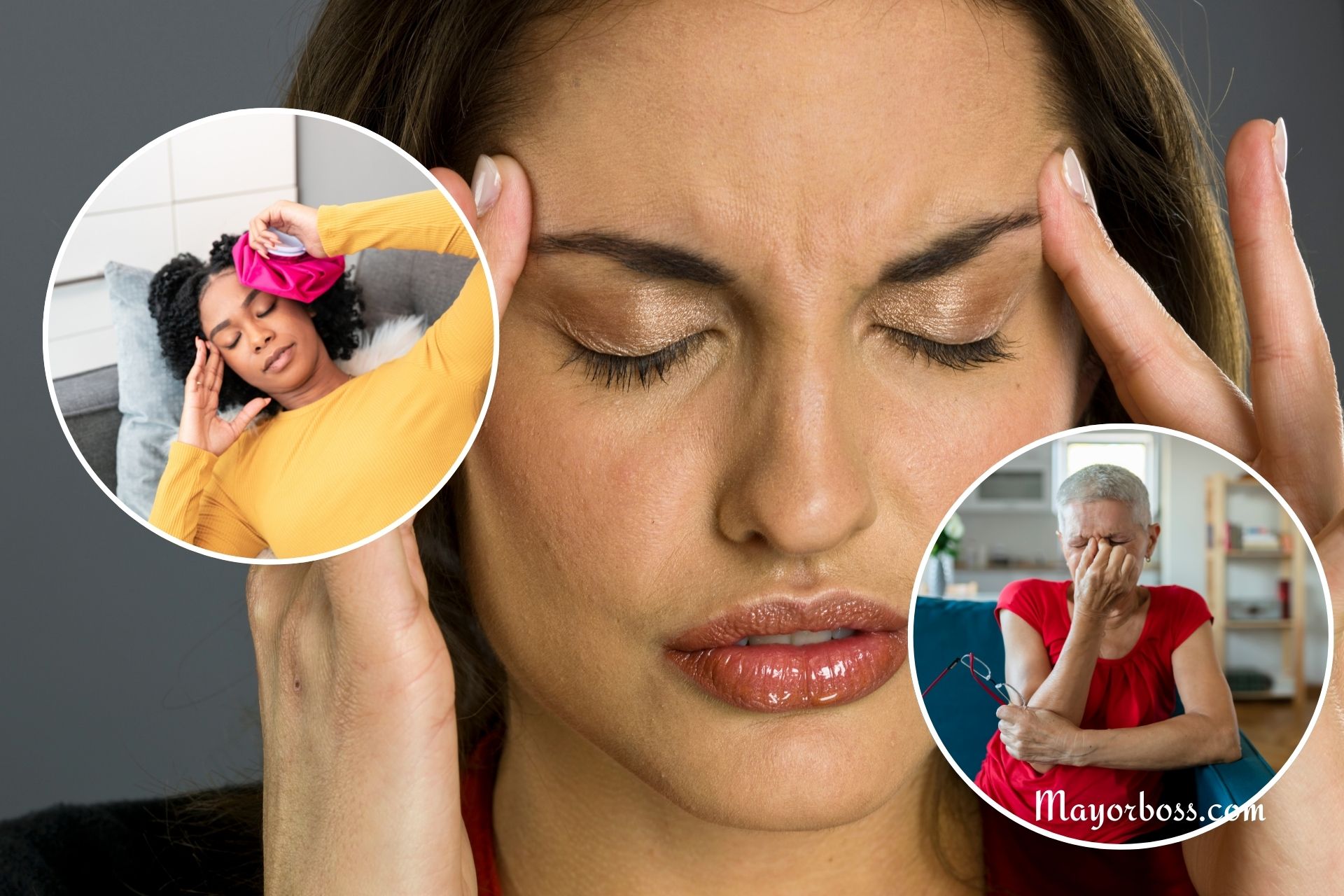5 Ways to Ease a Migraine for Women Who Suffer
Migraine headaches can be very painful and affect many women. They often cause strong pain on one side of the head, along with nausea and sensitivity to light and sound. Although doctors do not know every reason why migraines happen, there are several ways to reduce the pain and lower the chance of an attack. In this article, we will discuss five methods that may help ease migraine pain for women.

Identify and Avoid Triggers
A trigger is something that starts a migraine. Common triggers include stress, some foods, changes in hormones, and not getting enough sleep. It helps to keep a headache diary. In this diary, write down when the headache starts, how long it lasts, and what you ate or did before it began. This diary can show patterns and help you notice which things make your migraines worse.
For example, if you find that eating foods like aged cheese or processed meats starts your migraine, try to avoid these foods. Also, keep a regular sleep schedule. When you sleep at the same time every night and wake up at the same time every morning, your body works better, and you might have fewer migraines.
Use a Cold or Warm Compress
Another way to ease a migraine is to use a compress. A cold compress, such as a cloth dipped in cold water, can help numb the pain and reduce swelling. Many women find that placing a cold cloth on the forehead or temples makes a big difference.
Some women prefer a warm compress on their neck and shoulders. A warm cloth can help relax tight muscles, which might be adding to the headache. Try each method to see which one works best for you. Wrap the compress in a soft cloth and apply it for about 15 to 20 minutes. Take a break and then use the compress again if needed.
Practice Relaxation Techniques
Stress is one of the most common triggers for a migraine. Learning how to relax can help reduce both stress and the chance of a migraine. Deep breathing is a simple and effective way to relax. Sit in a comfortable position, take slow, deep breaths, and let your body relax. This practice can help lower your heart rate and reduce muscle tension.
Meditation is another tool that many find helpful. Try to spend a few minutes each day sitting quietly and focusing on your breathing. Progressive muscle relaxation is also useful. In this method, you tense a group of muscles for a few seconds and then slowly relax them. These practices can calm your mind and body, which may help prevent migraines.
Stay Hydrated and Eat Regularly
Dehydration, or not drinking enough water, can trigger migraines. Drinking water throughout the day is very important. Aim for at least eight glasses of water each day. If you exercise or if the weather is hot, you may need more water.
Another trigger for migraines is skipping meals. When you do not eat regularly, your blood sugar may drop, which can lead to a headache. It is a good idea to eat balanced meals at regular times. Choose foods that are rich in whole grains, lean proteins, fruits, and vegetables. Avoid too many processed foods and foods with artificial ingredients, as they might cause a migraine. Planning your meals ahead of time or carrying healthy snacks can help you keep your energy levels stable.
Consider Medications and Professional Guidance
Sometimes, lifestyle changes are not enough to stop migraines. In these cases, medications may help. Over-the-counter medicines, such as ibuprofen or acetaminophen, can ease mild to moderate migraine pain. However, it is important to use these medicines as directed by the instructions. Using them too often can lead to more headaches later on.
For some women, a doctor may recommend medications that are made especially for migraines. These medications, called triptans, help by narrowing blood vessels in the brain and stopping pain signals. If you have frequent migraines, your doctor might suggest a daily preventive medicine to lower the number of attacks.
Be sure to tell your doctor how often you get migraines, how bad the pain is, and any triggers you have noticed. A good treatment plan might combine lifestyle changes and medicine. Regular visits with your doctor can help you adjust your treatment as needed.
Extra Tips for Migraine Relief
Here are some more ideas that may help you when you feel a migraine coming on:
- Sleep Well: A good night’s sleep helps your body rest and recover. Try to keep a regular sleep schedule. Going to bed and waking up at the same time each day can help reduce migraine attacks.
- Exercise: Regular, gentle exercise such as walking or yoga can help reduce stress and improve your overall health. Do not push yourself too hard, as very intense exercise might trigger a migraine for some women.
- Manage Stress: Look for ways to reduce stress in your daily life. Simple activities like listening to calming music or spending time outdoors can be helpful.
